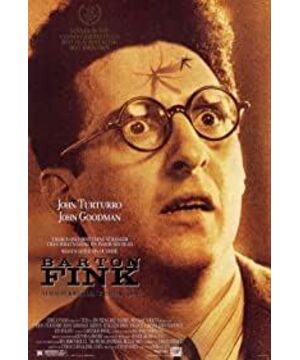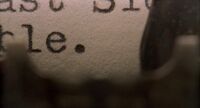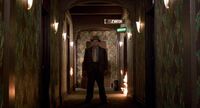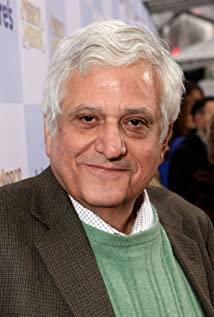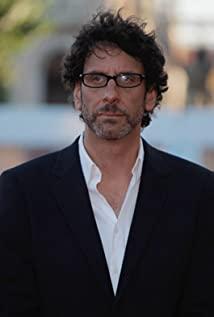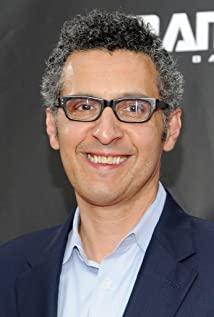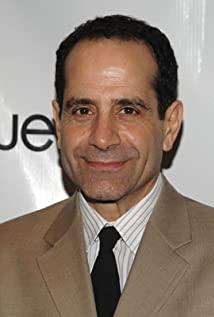I think cops, girlfriends, fat guys are all hallucinations in his head. Patton liked the female companion of the famous writer, so he called him, but the female companion seemed to be unwilling to come, so he had the illusion that the female companion came and had sex with him. When he woke up, he shot the mosquito to death, and the bloodstains made Barton hallucinate again and found that his female partner was dead. So why did the girlfriend die? In my opinion, it should be his desperation that his girlfriend did not leave the famous writer and fell into his arms.
The fat man was the one Barton met when he first entered the hotel. He has a civilian background, as Barton hopes to write, which means that this person is Barton's "civilian" fantasy. This person with a civilian background has caused a lot of irritability to himself, indicating the contradiction between Barton's desire to write "civilian" and his current Hollywood status quo. Fat Man always wanted to tell his plebeian stories, which meant Patton really wanted to write plebeian stories in his heart, but he had to ignore them now and write about wrestlers instead. Patton's escapism from his desire to write about civilians in his heart showed the violent side of Fatty. The fat man finally told him angrily, why didn't you let me tell my story? Yes, when I met Fatty before, Fatty said again and again that I could tell some stories, but Barton ignored it and talked to himself.
Patton's inner hallucinations intensified throughout the writing process, and when he gradually began to write Hollywood scripts and discarded the meaning of writing as a commoner, the fat man left him. But the fat man said that I would come back. This is a compromise of himself to a certain extent. He wrote the Hollywood script first, and then paid attention to the civilians. However, when he was writing a Hollywood script and wanted to discard the civilian material, the police appeared, which in a sense was a warning to his inner attachment to the civilian material. The police brought Patton back into the plot. The restlessness in him was at its peak, as the flames throughout the room foreshadowed it. In the end, his civilian writing still prevailed, killing the two policemen, and the writing succeeded. He came to the beach and saw the girl who had been in his house. He has always longed for peace, and at this time he left Hollywood, and he truly gained peace.
One more point, why did the fat man kill that female companion? In a sense, the fat man should be a personality that represents violence. Because his girlfriend has no intention of being with him, his despair is fulfilled by his violent side. And the box that seemed to contain the head, which he still carried when he went to the beach, may indicate that after he left Hollywood, the female companion was the only thought left, or perhaps he himself did not understand that this journey It gave him something, but it did give him something.
View more about Barton Fink reviews


